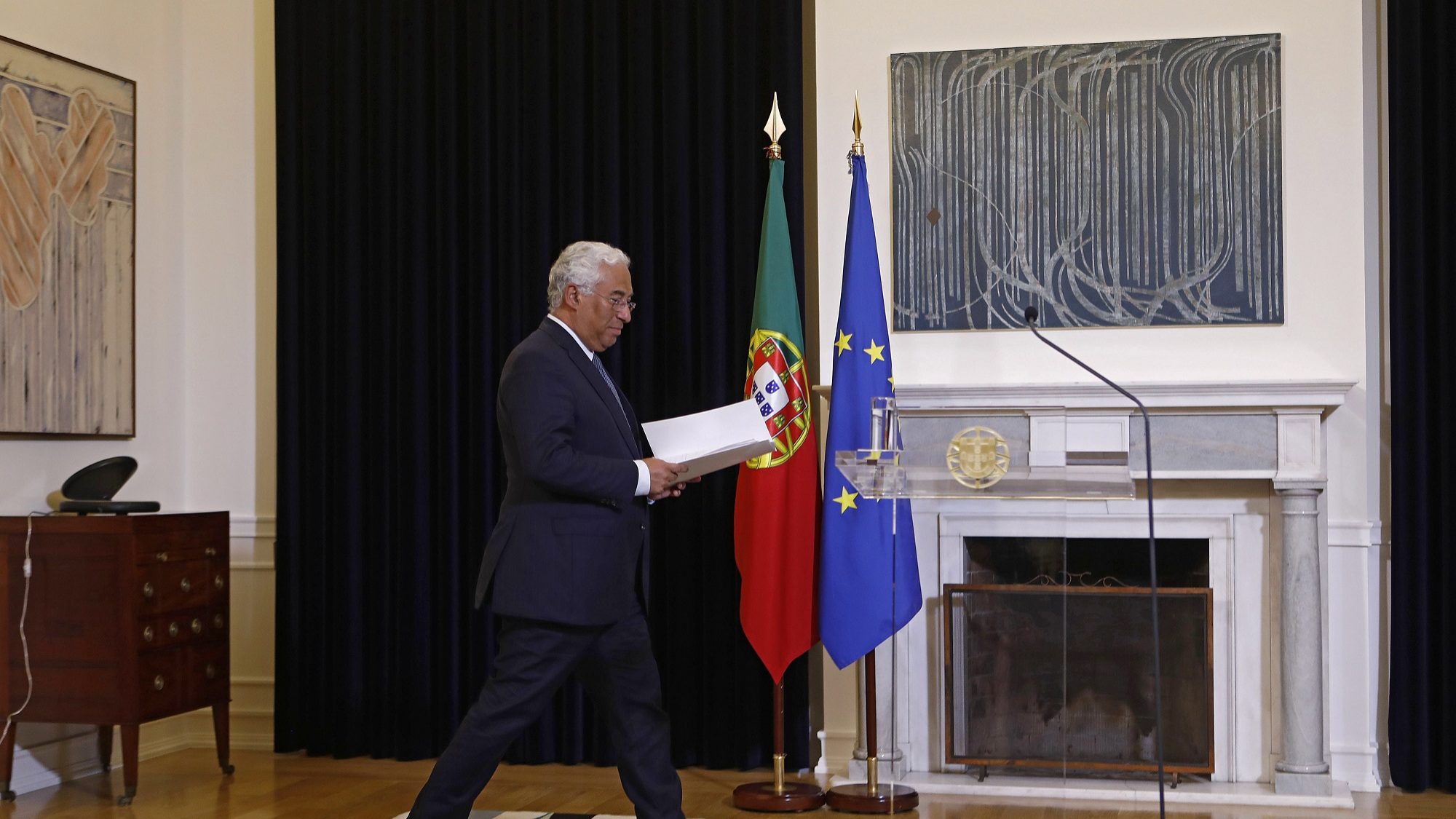Tourist lodging group asks EU to stop government licensing proposal
The association of local tourist accommodations in Portugal (ALEP) considers the proposed legislation for the sector presented by the government clashes with EU rules.
The association of local tourist accommodations in Portugal (ALEP) has warned Brussels for the “disproportionality” of the proposed legislation for the sector presented by the government, considering that they clash with EU rules against restrictions on the creation of companies.
The Portuguese government last month presented a set of measures for housing, including one that aims to suspend new local tourist accommodation licenses, except in rural areas, and also a review of current licenses in 2030.
“We identified, right from the start, points that clash head-on with community legislation, in particular something called the ‘services directive’, which is a community regulation, a directive in this case, that seeks to avoid the creation of barriers or restrictions to the free creation of businesses and services. And there are very special, particular conditions in which a country, a member state, can create restrictions and here clearly we, in this proposal, immediately saw that it creates restrictions, which we call blind and disproportionate, and that would clash with the European legislation”, Eduardo Miranda, head of ALEP, told Lusa.
Eduardo Miranda stressed that in recent days the association has held several meetings in Brussels with European bodies and entities, with the legal counsel of the European Holiday Home Association (EHHA) and with MEPs, including with Nuno Melo MEP and the office of Claudia Monteiro de Aguiar MEP (PSD), who coordinates the Tourism Working Group.
“What was clear in all the meetings is that the measures really create blind and disproportionate situations that will clash with European legislation. And here are some practical examples: the blind suspension of any new registration. I mean, we are preventing the creation of new registrations, of people entering an activity throughout the country, regardless of whether they are areas that have local tourist accommodation or not, whether they are more concentrated or not, regardless of whether they are areas where they are second homes, holiday homes. Therefore, this is what we call a type of restriction or disproportionate barrier”, he considered.
And, he stressed, “this is exactly what the Commission wants to avoid, that member states create disproportionate or unjustified barriers to the development of business activities and entrepreneurship”.
Following the meetings, ALEP will now “shortly” send “a still informal alert communiqué to Commission bodies”, so that they can “monitor and supervise the development” of the measures announced by the government, so that they can act if the draft law goes ahead without meeting proportionality requirements.
“We have already made this alert, so that as soon as this process unfolds, if it goes forward along this path, the Commission already knows that what is coming is very likely to be legislation that ends up clashing and is contrary to the rules of European legislation,” he stressed.
On Tuesday, centrist MEP Nuno Melo questioned the European Commission about the legality of the ban on issuing local tourist accommodation licences provided for in the government’s measures, as in his opinion they represent a “gross violation of the principle of proportionality” and go against a 2006 European directive, preventing providers from “developing their service activities in the internal market”.
For this reason, Nuno Melo urged the European Commission to request clarification from the Portuguese government.
Eduardo Miranda stressed that these changes in relation to local tourist accommodation “are very ironic” as “Portugal, until a month ago, was perhaps, in the area of short-term rentals, a reference in terms of the most advanced legislation in this area and which is serving as a basis, even for the new EU regulation” of the sector.
“It is really regrettable that Portugal, from being a reference case, is now the ugly duckling or the case not to be used,” he considered.
Regarding what he expects from Brussels, Eduardo Miranda gave as an example the case of Ireland, which “launched some measures that are even lighter than the issue proposed by Portugal, created dozens of restriction areas, where the registration of new local tourist accommodation was practically forbidden, and did not communicate, did not have this dialogue with the European Commission” and, as the measures were considered disproportionate, “was forced to go back, to repeal its law and make it again”.
According to ALEP, the government’s proposals for the sector bypass municipal councils, which know the terrain and could continue to make an “intelligent management of openings” of new accommodation, based on “concrete and objective data”.
The association stressed that there are 292 local authorities with registered local tourist accommodation, of which only four “had shown interest in making restriction areas”, although only Lisbon and Mafra have moved forward, with Porto and Vila Nova de Gaia still in the study phase.
In mid-February, the government announced measures of the “More Housing” Programme that, among others, foresee the availability of more land for housing construction, incentives for private construction or tax incentives for owners to put houses on the rental market.
The new legislative package was approved in a Cabinet meeting dedicated to the sector, with the government considering affordable housing as one of the biggest challenges of the present time.
Among the measures aimed at stimulating the rental market, as well as speeding up and providing incentives for construction, are the end of ‘gold’ foreigners’ residence permits.
Other measures aim for the state to substitute itself for the tenant and pay rents after three months of default, the obligation for banks to offer a fixed rate on housing credit or for families who sell houses to pay off their mortgage to be exempt from capital gains.
The measures of the “More Housing” Programme will cost around €900 million, not including in this estimate what the costs will be with rents, with construction or renovation work to be carried out or with purchases, but including here the value of the credit lines, and will be mobilised through state budget funds, finance minister Fernando Medina said.

